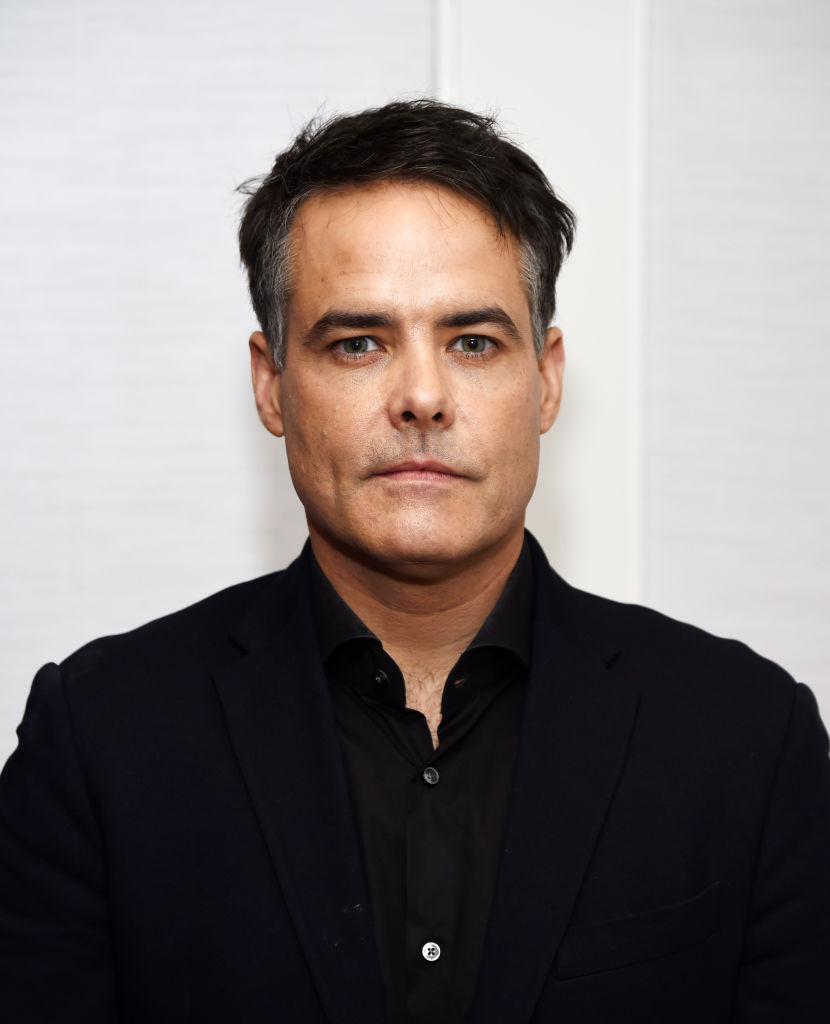
- Interviews
HFPA in Conversation: Sebastián Lelio, Remaking his Own Movie
When Gloria, Chilean filmmaker Sebastián Lelio ’s fourth feature-length film, was released in 2013, it caught Julianne Moore’s attention. Lelio was told that Moore had seen saw the film -the complex journey of a divorced woman – and loved it but he wasn’t interested in doing the remake.
‘I wasn’t necessarily interested in remaking my own film”, Lelio tells HFPA journalist Jean-Paul Chaillet in West Hollywood. “ My team was receiving offers to buy the rights of the film but after a few attempts that didn’t really get anywhere. I was never opposed to the idea of the film being remade and given a second chance. I just didn’t necessarily want to do it myself until Julianne Moore became part of the equation.”
“She wanted to meet with me, so I felt very honored and we met and it was a very memorable conversation. She was very generously talking about the film, the story, with a deep understanding of the character, with a lot of passion. And I was very touched by that. Towards the end of the meeting, I said well, “thank you and I totally get it if you don’t want to do a remake”. And she said “What? No, no, no, wait, I’m terrified but I would only do it if you do it.” And then I said, or I heard myself saying “I would only direct it if you are in it”.
Lelio was about to start filming the Golden Globe-nominated and Oscar-winning movie A Fantastic Woman, and after that, he did Disobedience, his first English-language movie . ”After those movies, I felt that I was in a different place as a filmmaker and it was coherent to revisit my own material, almost like a playwright that stages a play again with a new company, in this case in a new country. I didn’t try to change everything, I tried to honor the discoveries of the first film but at the same time what we tried to do is to search for new sparkles and a new energy for the second film. I have to say that of course, the main reason why this thing exists is because of my admiration for Julianne Moore.”
He was a bit concerned because English wasn’t his first language. The new version of the story, Gloria Bell, takes place in Los Angeles, with Moore playing an office worker who becomes a dancing queen at night and meets a new love interest at a dance club. “There are lots of moments that are purely cinematic but there is a lot of dialogue as well about small daily things that mean a lot. Luckily Julianne, John Turturro, Michael Cera, and others helped me to capture the cultural texture accurately. We all agreed that if anything sounded funny, strange or out of tune they would let me know and we would find a solution. It was a very collaborative process.
Was the remake of Gloria easier than the original film? “No, not at all. I would say even more challenging because we’ve done it once and that was some kind of a miracle and then you’re invoking forces so the miracle can happen again.”
Listen to the podcast and hear what was the first Julianne Moore movie Sebastian saw; how different it is to shoot an American production than a foreign movie; what was the first movie he saw; which scene in A Fantastic Woman is like a Buster Keaton moment; how 9/11 affected his career; how he shot his first movie; why writing is more stressful for him than filming; what he finds rewarding; what kind of relationship he has with fellow countryman, filmmaker Pablo LarraínRoma was an important movie; what is the future of movies; how winning an Oscar for A Fantastic Woman changed Chilean cinema and society.

